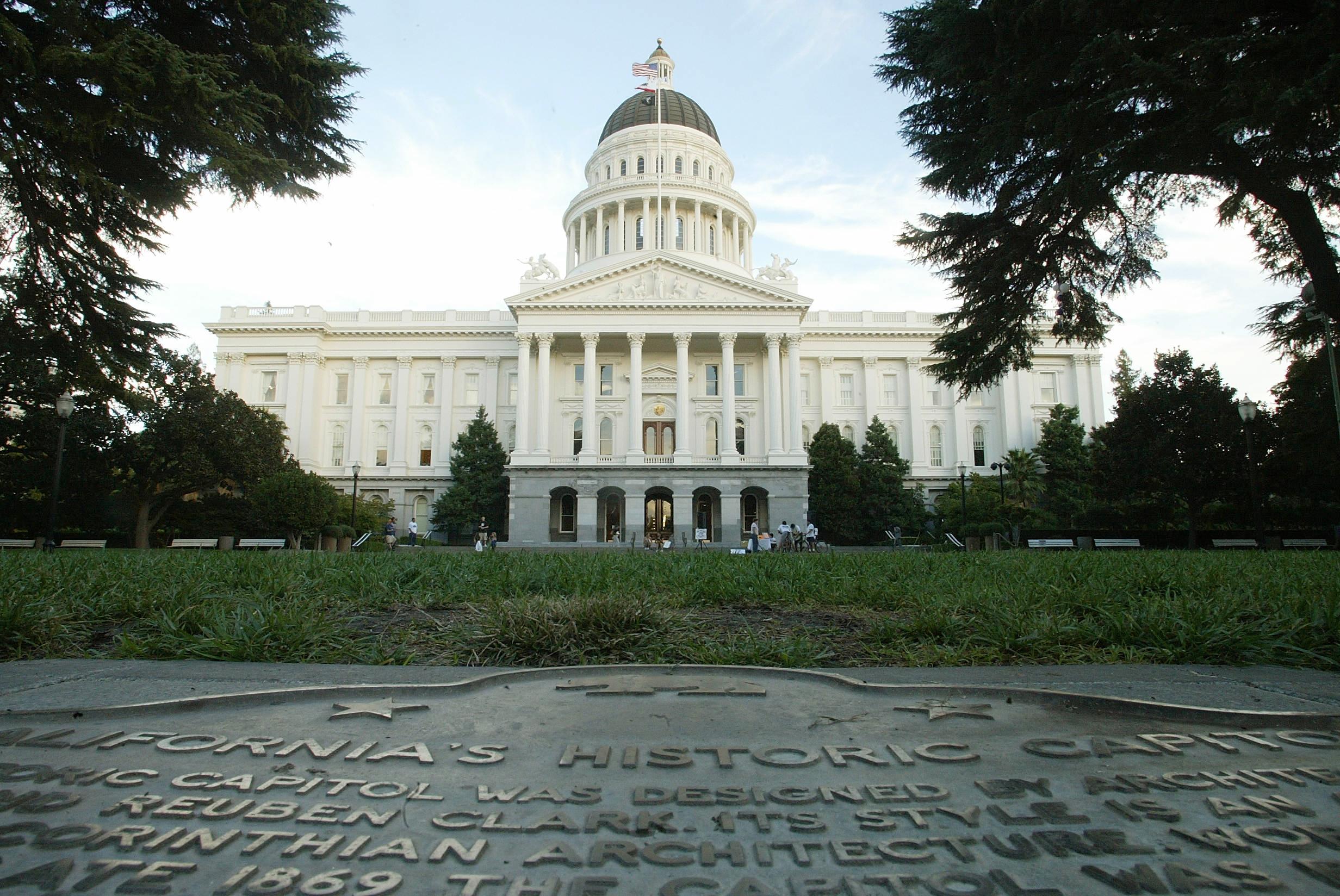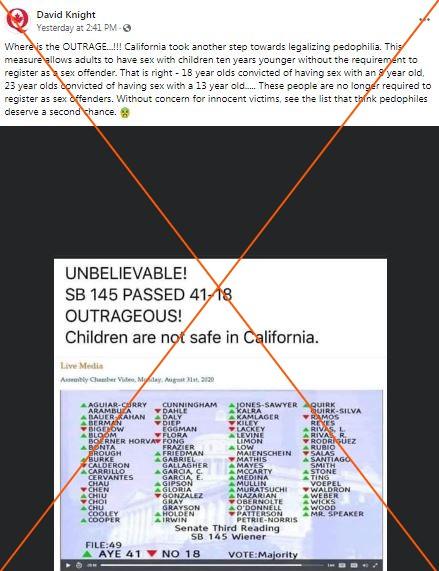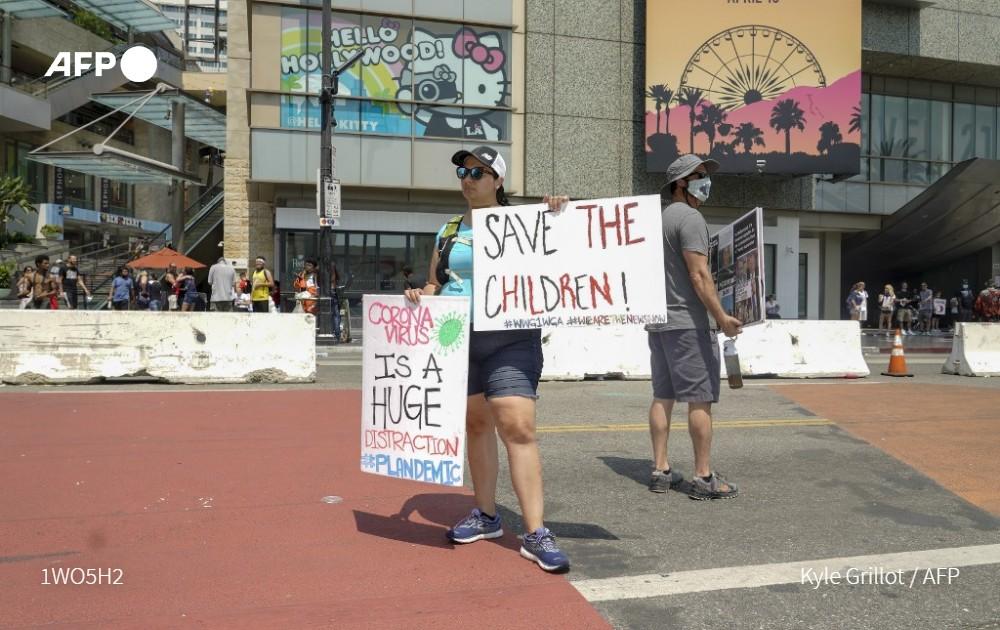
California bill does not decriminalize pedophilia
- This article is more than five years old.
- Published on September 4, 2020 at 22:52
- Updated on September 14, 2020 at 17:43
- 3 min read
- By AFP Canada
“Where is the outrage…!!!” begins a September 1, 2020 post shared by a Canadian Facebook account aligned with the QAnon conspiracy theory.
The post, identical versions of which were also shared by US users, continues: “This measure allows adults to have sex with children ten years younger without the requirement to register as a sex offender. That is right - 18 year olds convicted of having sex with an 8 year old, 23 year olds convicted of having sex with a 13 year old.”

Other variations of the claim circulated on Facebook and Instagram.
California’s Senate Bill 145 was introduced by State Senator Scott Weiner and passed the Senate on August 31.
It only applies to minors aged 14 to 17.
“There has been some talk about 10-year-olds and eight-year-olds -- that’s absolutely false. This bill has no application to anyone under the age of 14,” Weiner said in an August 13 press conference on Facebook live.
The focus of the bill is on whether a person ends up on the sex offender registry, a life-long sentence which can impact employment and housing opportunities.
“SB 145 does not legalize any kind of sex with a minor and does not change the potential sentence for having sex with an underage person,” a press release from bill co-sponsor Equality California explained.
Under current California law, if a minor between ages 14 and 17 has vaginal intercourse with an older partner within 10 years of his or her age, the case can be prosecuted as statutory rape. But a judge can decide, based on the merits of the case, whether the adult should be required to register as a sex offender. This is not the case for oral or anal sex, for which the law requires mandatory registration.
“This bill brings much-needed parity to California’s sexual offender registration law,” Los Angeles County District Attorney Jackie Lacey, a co-sponsor of the bill, told AFP in an email.
“This bill allows judges and prosecutors to evaluate cases involving consensual sex acts between young people, regardless of their sexual orientation, on an individual basis. I drafted this bill because I believe the law must be applied equally to ensure justice for all Californians.”
In addition to backing from Lacey, the bill was supported by the California Police Chiefs Association, California District Attorneys Association and the California Coalition Against Sexual Assault.
The bill was signed into law by California Governor Gavin Newsom on September 11.
#SAVETHECHILDREN connection
The disinformation surrounding SB-145 comes at the end of a summer in which followers of the pro-President Donald Trump QAnon conspiracy theory have taken over the hashtag #SaveTheChildren and stoked fears about sexual predators across social media platforms.

Weiner said he was targeted for online abuse by QAnon-aligned accounts and received death threats over his sponsorship of SB-145.
“What QAnon has done is they folded in several forms of anti-pedophile conspiracy investigations that previously existed online to sort of streamline them for a more mainstream conservative audience,” Brian Friedberg, a senior researcher at the Shorenstein Center on Media, Politics and Public Policy at Harvard Kennedy School, told AFP.
Once a marginal theory, QAnon is moving into the mainstream through politicians, including one who was congratulated by Trump when she won a Repubican primary contest in Georgia.
AFP Fact Check has recently investigated unfounded allegations against former president Barack Obama circulating under the #SaveTheChildren hashtag, and false claims of child trafficking against online retailer Wayfair.
EDIT: This article was updated on September 14, 2020 to reflect that SB-145 was signed into law by California Governor Gavin Newsom.
Copyright © AFP 2017-2026. Any commercial use of this content requires a subscription. Click here to find out more.
Is there content that you would like AFP to fact-check? Get in touch.
Contact us
